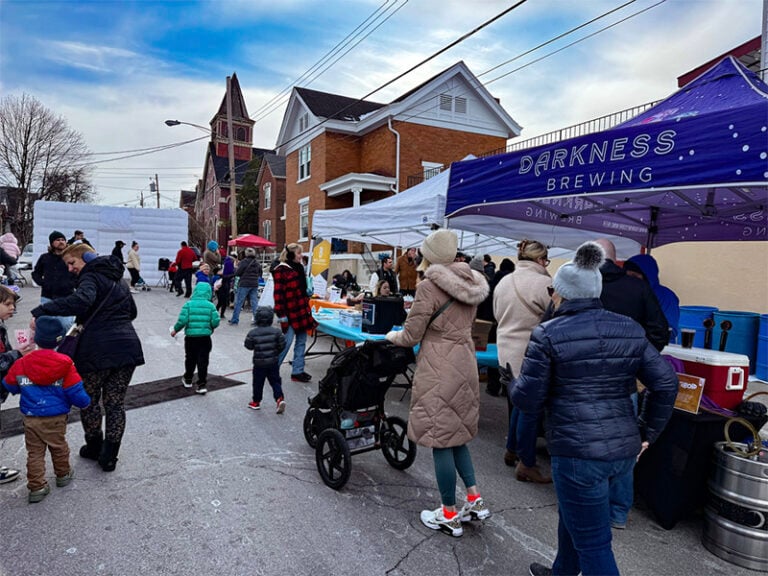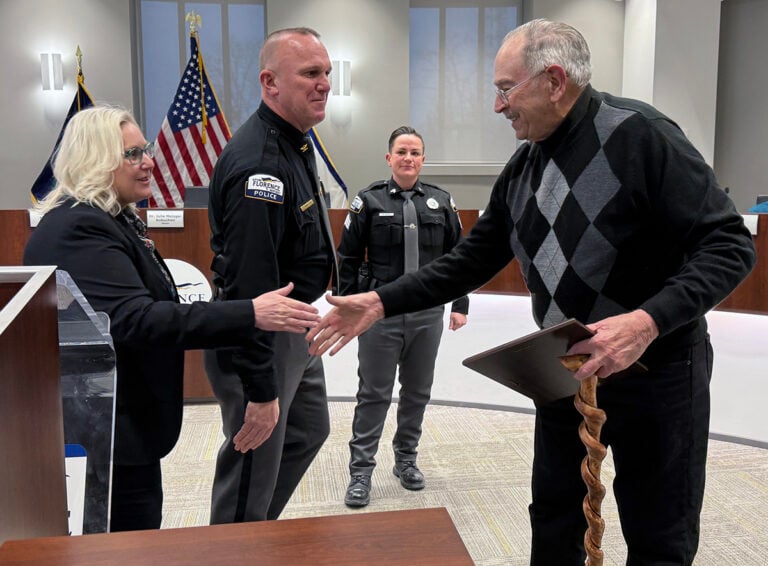During National Suicide Prevention Month, the Kentucky Department for Behavioral Health, Developmental and Intellectual Disabilities encourages Kentuckians to learn more about and get involved with suicide prevention efforts, emphasizing the importance of talking to someone who may be considering suicide and connecting that individual with competent and effective care.
The state’s mental health experts recommend open communication and discussion about suicide as the first step toward suicide prevention. “Awareness and knowledge are the most powerful tools we have in curbing suicide rates,” said Mary Reinle Begley, BHDID commissioner. “I want to encourage more Kentuckians to educate themselves about suicide and get involved in prevention efforts. Far too many Kentuckians have fallen victim or lost a loved one to this tragedy.”
Begley said it’s important to look for personality changes such as talking about taking one’s life or feeling sad or hopeless about the future – and to ask questions about these topics. Individuals should also watch for changes in eating or sleeping habits or losing the desire to take part in favorite activities.
During Suicide Prevention Month, communities and organizations around Kentucky and across the nation will hold memorial walks, awareness events, suicide prevention gatekeeper training and suicide care trainings for behavioral health professionals.
“Our aspirational goal is zero suicides in the Commonwealth,” said Jan Ulrich, BHDID’s state suicide prevention coordinator. “Individuals, organizations and communities can all play a role in making suicide a ‘never event.’”
Suicide remains a serious health concern in Kentucky. Currently, in the Commonwealth:
· Kentucky ranks 18th in the nation in its rate of suicidal deaths;
· Suicides outnumber homicides nearly 4 to 1; and
· Suicide is the second leading cause of death for Kentuckians 15 to 24 years old; the third leading cause of death for Kentuckians 10 to 14 years old; and the fourth leading cause of death for Kentuckians 25 to 54 years old.
In Fall 2014, the Substance Abuse and Mental Health Services Administration awarded the Kentucky Cabinet for Health and Family Services a five-year youth suicide prevention grant called the Zero Suicide Initiative.
The grant award totals $736,000 per year for five years. Currently, BHDID is using funding to sponsor clinical trainings for assessing and managing suicide risk and piloting Zero Suicide efforts across the state.
Ulrich, gatekeeper and clinical trainers, as well as suicide survivors (those who have lost someone to suicide) are available to discuss suicide, including suicide prevention training on the impact of suicide on friends and family, and resources to mobilize organizational or community level suicide prevention.
From Kentucky Cabinet for Health and Family Services


















